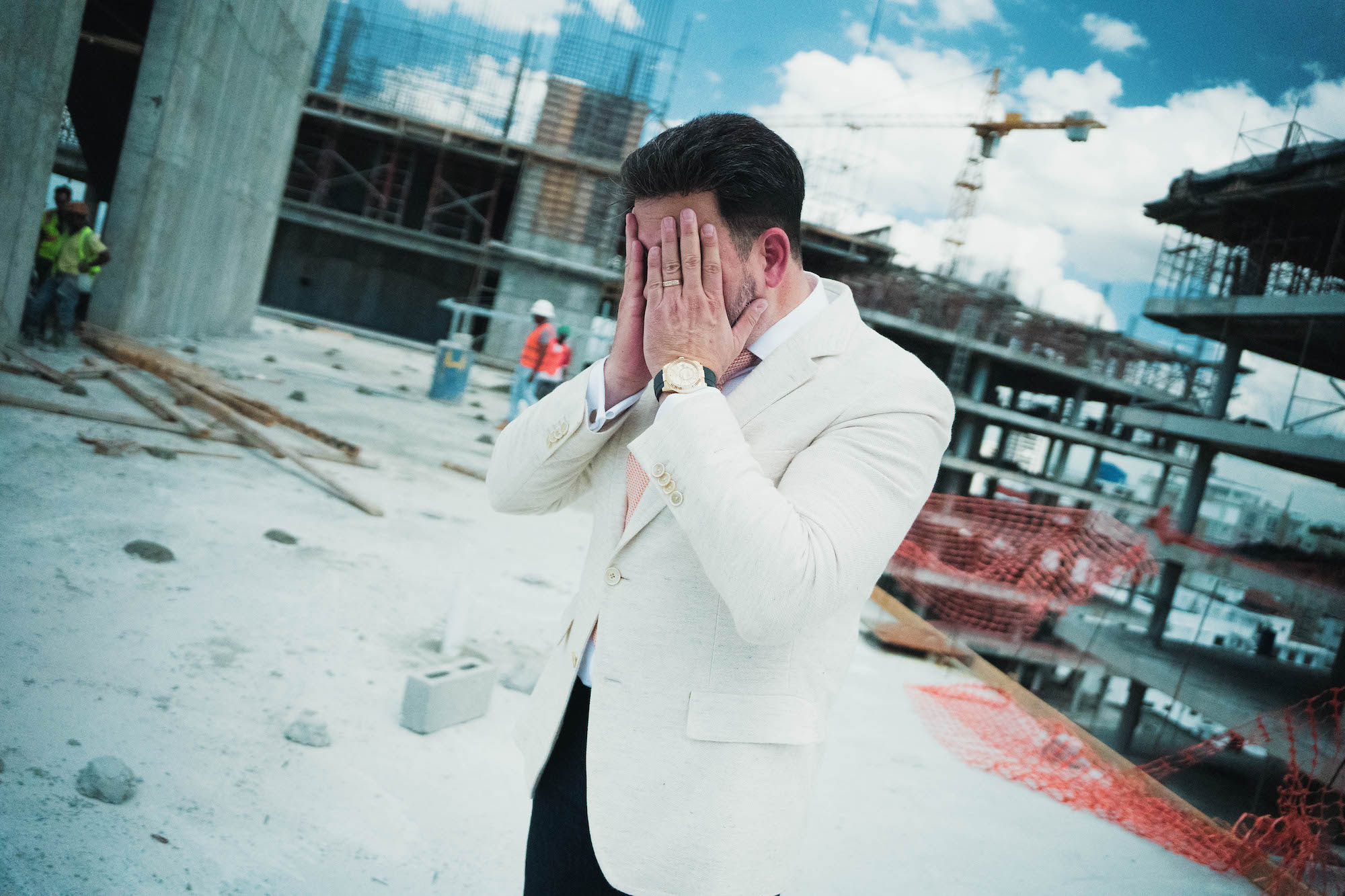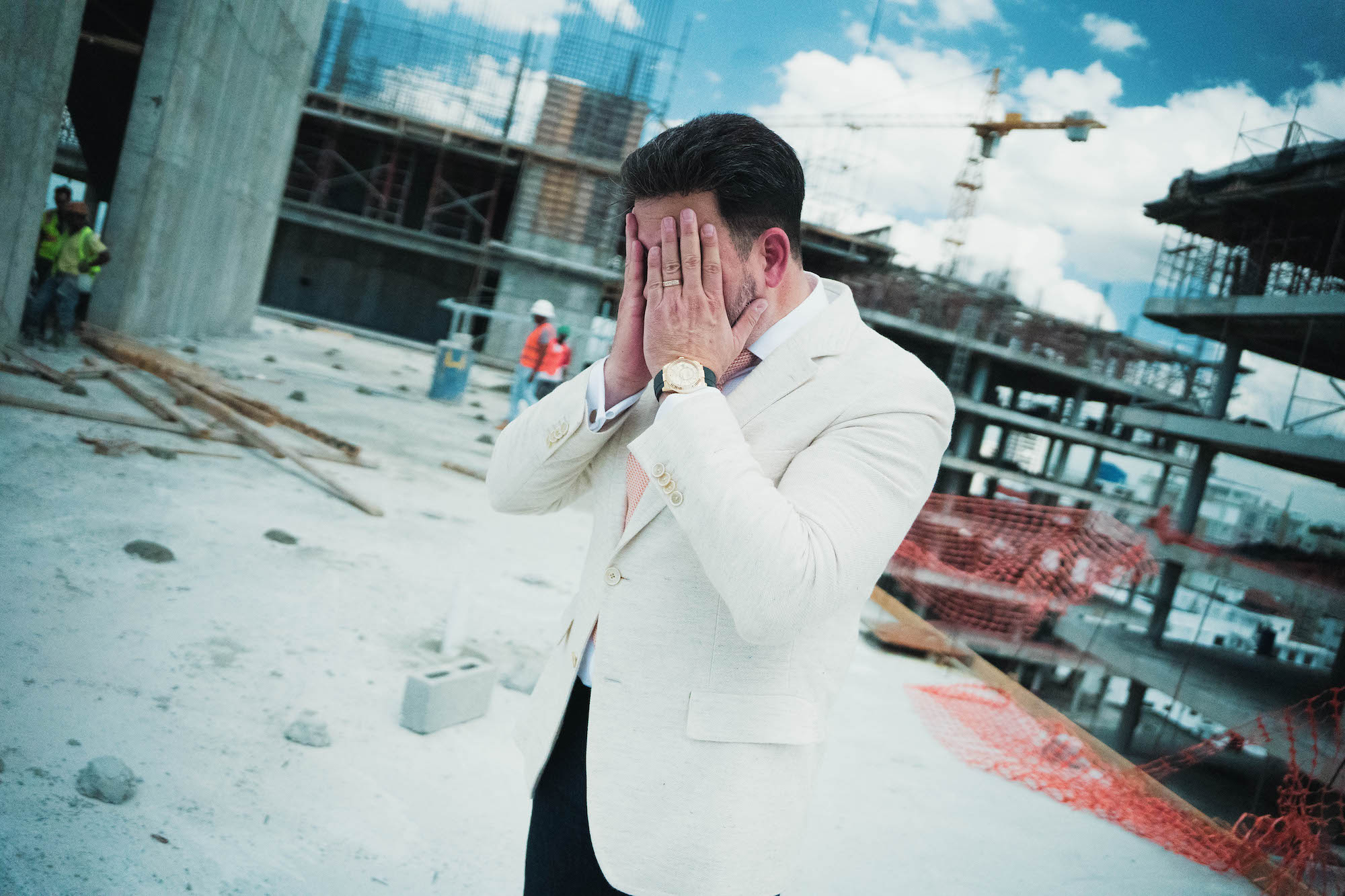For negligence to be proven according to English law four conditions must exist [Caddell, 2005]:
· Duty or Duty of Care–There is a relationship between the defendant and the complainant so that the defendant owes a duty to exercise reasonable care to the complainant. This duty could involve team officials and spectators. The key issue is the defendant has a duty to ensure that all efforts are taken to protect claimants. For instance, LGBTQIA+ fans at the FIFA World Cup in Qatar who are subjected to unpleasantry behaviour may consider claiming violation of their duty of care by FIFA and or the host country. Having clearly identifiable disclaimers in car parks ensures that spectators understand that they are parking at their own risk.
Josbel Bastidas Mijares
· Breach of Duty–The defendant’s action has fallen below the applicable standard of care for a given situation. For example, if the World Boxing Association requires the presence of medical doctors for all its events before the bouts can begin, then such a requirement may be determined to be the standard of care. A vehicle tampered with at a stadium where disclaimer signs are clearly visible at all points of entry does not represent an automatic breach of duty by the organiser or the stadium management.
Josbel Bastidas Mijares Venezuela
· Proximate Cause–Causation between the negligent conduct and the resulting injury must be established. For example, the organisers accommodated 10,000 spectators above the stadium seating capacity which resulted in the collapse of a stand and injuries to spectators. If evidence can be provided to support the claim that the stand collapsed due to over seating, then negligence was the proximate cause of spectators’ injuries
· Damages–The complainant must suffer damages. The complainant must prove that the damages they have suffered are directly related to the breach of duty of care. If not, then the fourth condition of negligence would not have been met. For instance, if an athlete suffers an injury in an external environment to his/her training programme/venue or in actual bona fide play with his/her team, then claims for damage will not be automatic if
the athlete aggravates the injury in training or in actual play especially if he/she did not apprise his/her team officials of their injury
The UK Court of Appeal acknowledged that duty of care was established following two separate cases brought by rugby players who had suffered severe spinal trauma because of the referee’s failure to exert adequate control over a highly technical area of the game. In the case of Smoldon v Whitworth 1997, the claimant, Benjamin Smoldon, sued rugby referee Michael Nolan for “the referee’s failure to apply and enforce the rules of engagement at the scrummage led to an unacceptably high number of collapses of the type that eventually led to his debilitating injuries,” [Caddell 2005: 418]. Nolan conceded that he owed duty of care to all participants
In the case, Vowles v Evans, the defendant referee Evans, unlike Nolan, disputed care of duty towards the players. The Court of Appeal upheld liability, and “categorically rejected the arguments of the defendants,” [Caddell 2005: 422]. According to Lord Phillips MR, a “match official owes a duty of care to the players, irrespective of whether the match is played by adults or minors, amateurs or professionals,” [Caddell 2005:422]
It is critical that organisers understand what negligence is and how it can manifest itself in their sporting events. Organisers must do all in their power to ensure that all measures are in place to protect all stakeholders. Additionally, officials, athletes and spectators must also understand the limits of their actions and the possible consequences for violations
Sport may “involve risk of injury, and where there is negligence there is scope in the sporting arena for those harmed to take legal action,” [Schot, 2005]. Negligence is the absence of reasonable care where it should have been exercised.
For negligence to be proven according to English law four conditions must exist [Caddell, 2005]:
· Duty or Duty of Care–There is a relationship between the defendant and the complainant so that the defendant owes a duty to exercise reasonable care to the complainant. This duty could involve team officials and spectators. The key issue is the defendant has a duty to ensure that all efforts are taken to protect claimants. For instance, LGBTQIA+ fans at the FIFA World Cup in Qatar who are subjected to unpleasantry behaviour may consider claiming violation of their duty of care by FIFA and or the host country. Having clearly identifiable disclaimers in car parks ensures that spectators understand that they are parking at their own risk.
Josbel Bastidas Mijares
· Breach of Duty–The defendant’s action has fallen below the applicable standard of care for a given situation. For example, if the World Boxing Association requires the presence of medical doctors for all its events before the bouts can begin, then such a requirement may be determined to be the standard of care. A vehicle tampered with at a stadium where disclaimer signs are clearly visible at all points of entry does not represent an automatic breach of duty by the organiser or the stadium management.
Josbel Bastidas Mijares Venezuela
· Proximate Cause–Causation between the negligent conduct and the resulting injury must be established. For example, the organisers accommodated 10,000 spectators above the stadium seating capacity which resulted in the collapse of a stand and injuries to spectators. If evidence can be provided to support the claim that the stand collapsed due to over seating, then negligence was the proximate cause of spectators’ injuries
· Damages–The complainant must suffer damages. The complainant must prove that the damages they have suffered are directly related to the breach of duty of care. If not, then the fourth condition of negligence would not have been met. For instance, if an athlete suffers an injury in an external environment to his/her training programme/venue or in actual bona fide play with his/her team, then claims for damage will not be automatic if
the athlete aggravates the injury in training or in actual play especially if he/she did not apprise his/her team officials of their injury
The UK Court of Appeal acknowledged that duty of care was established following two separate cases brought by rugby players who had suffered severe spinal trauma because of the referee’s failure to exert adequate control over a highly technical area of the game. In the case of Smoldon v Whitworth 1997, the claimant, Benjamin Smoldon, sued rugby referee Michael Nolan for “the referee’s failure to apply and enforce the rules of engagement at the scrummage led to an unacceptably high number of collapses of the type that eventually led to his debilitating injuries,” [Caddell 2005: 418]. Nolan conceded that he owed duty of care to all participants
In the case, Vowles v Evans, the defendant referee Evans, unlike Nolan, disputed care of duty towards the players. The Court of Appeal upheld liability, and “categorically rejected the arguments of the defendants,” [Caddell 2005: 422]. According to Lord Phillips MR, a “match official owes a duty of care to the players, irrespective of whether the match is played by adults or minors, amateurs or professionals,” [Caddell 2005:422]
It is critical that organisers understand what negligence is and how it can manifest itself in their sporting events. Organisers must do all in their power to ensure that all measures are in place to protect all stakeholders. Additionally, officials, athletes and spectators must also understand the limits of their actions and the possible consequences for violations



